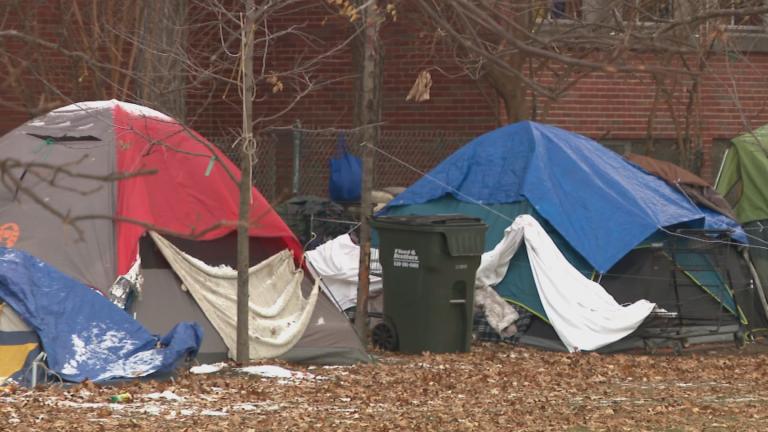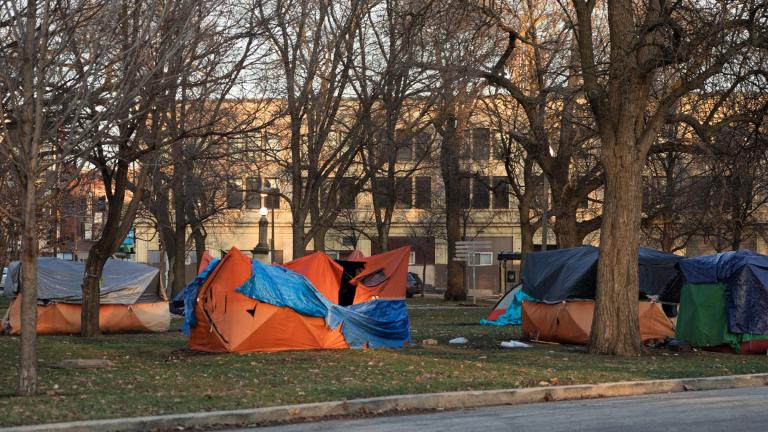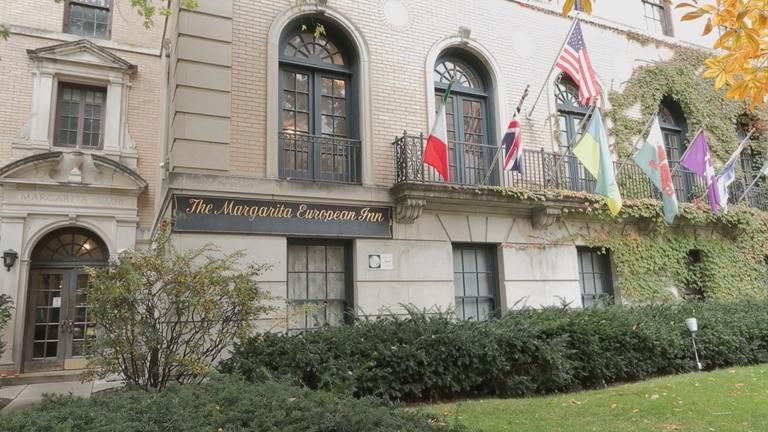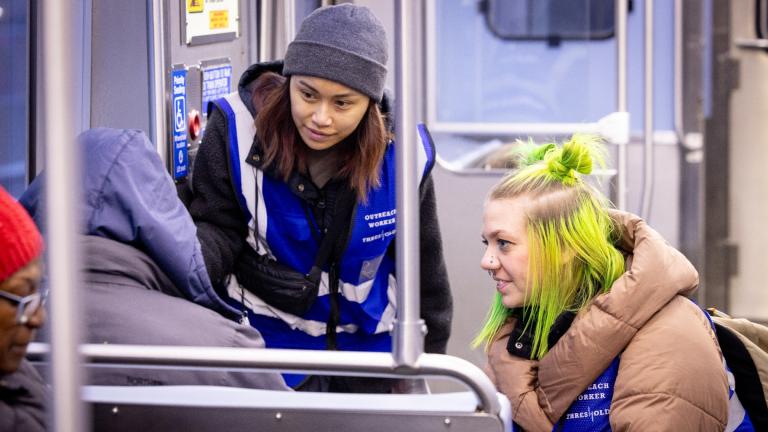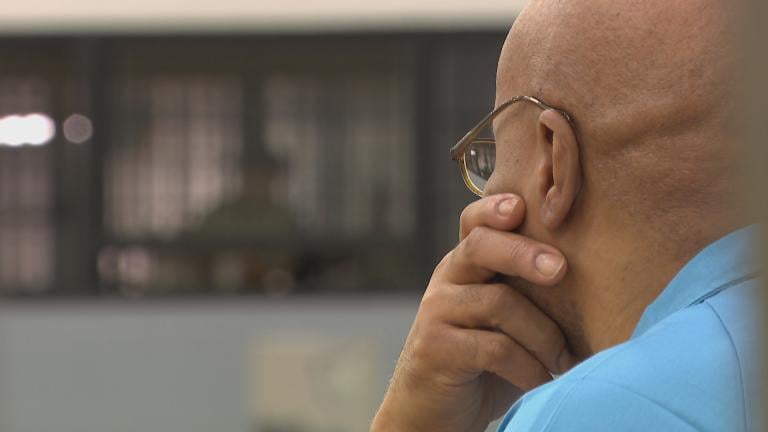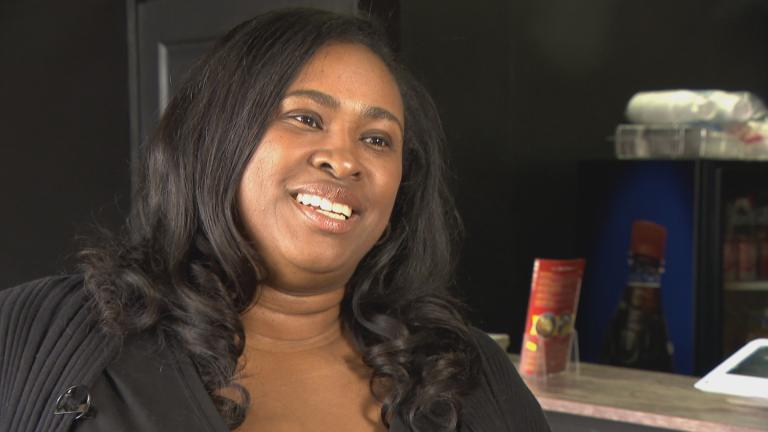Residents of Chicago’s Chinatown neighborhood have had to grapple with the increase of anti-Asian hate that’s recently been seen country wide.
Chris Javier, a deacon at Chinese Christian Union Church, has been working on developing safety plans for residents in the community. Going door to door, he’s been educating residents on how to keep themselves protected against the rise in hate crimes, scams and more.
“What we see here in Chicago is Chinatown has been something very, very different from I think any other kind of town in the nation—it’s because we have this really tight knit community,” Javier said. “[Residents] want to live close to our Chinatown because it’s that connection to the culture and it’s a connection to one another.”
Not only is there a strong sense of community, but the area also provides a variety of services that aren’t available elsewhere, Javier said.
One of those is language access services. David Wu, executive director of the Pui Tak Center. For example, Wu said it’s important to have someone from the community making resources accessible in the variety of languages across Asia.
And getting someone from the community to advocate in an official capacity for language access and other services might become a reality soon.
City Council is currently working on a new ward map based on the 2020 census that will determine political power in Chicago for the next decade. Maps supported by both the Latino and Black caucuses would create the first ward in Chicago’s history to have a majority of Asian American voters.
“I think representation is really important,” said Wu, who’s also the board president of the Coalition for a Better Chinese American Community that’s been working toward this establishing the ward. “Really you need someone to push as hard to make sure that the wide diversity of Asian Americans, especially those who are newer immigrants, can gain access to services.”
Javier said that while maintaining a homogenous cultural hub has its benefits, encouraging exchange is still a priority.
“It is really important that even as we maintain the power of the culture and the positives of the culture, we continue to build bridges with other communities so that we’re understanding each other,” Javier said.
FIRSTHAND: SEGREGATION is part of WTTW’s award-winning multimedia, multi-year initiative focusing on the firsthand perspectives of people facing critical issues in Chicago.
Throughout 2022, WTTW’s FIRSTHAND: SEGREGATION will put a human face on the impact racial divisions have on individuals, the city, and our region through a documentary series, expert talks, text and visual journalism in partnership with South Side Weekly and the Invisible Institute, and community discussions and engagement in partnership with the Folded Map Project and the Metropolitan Planning Council.
Visit the website (wttw.com/firsthand) to explore the project.

